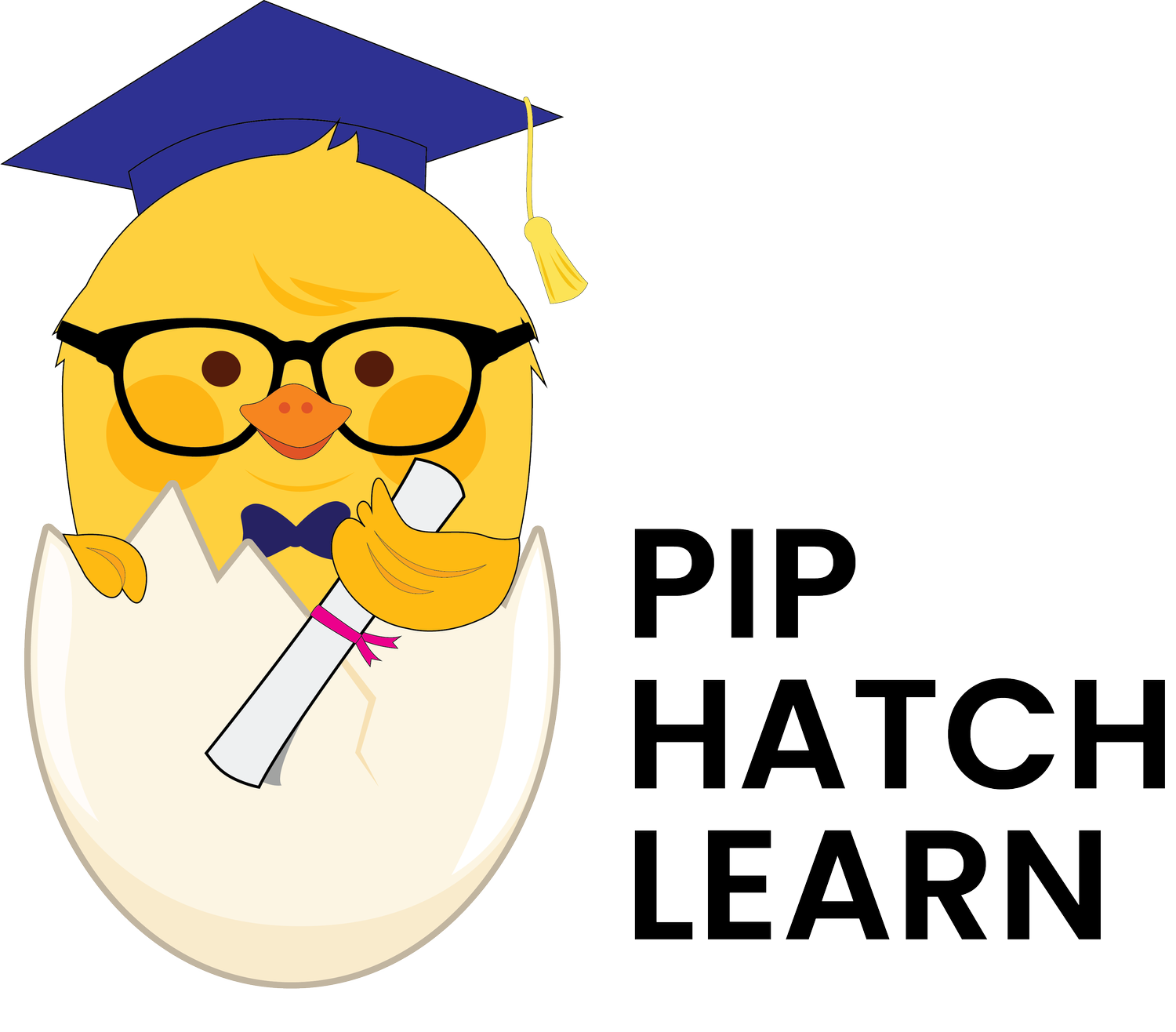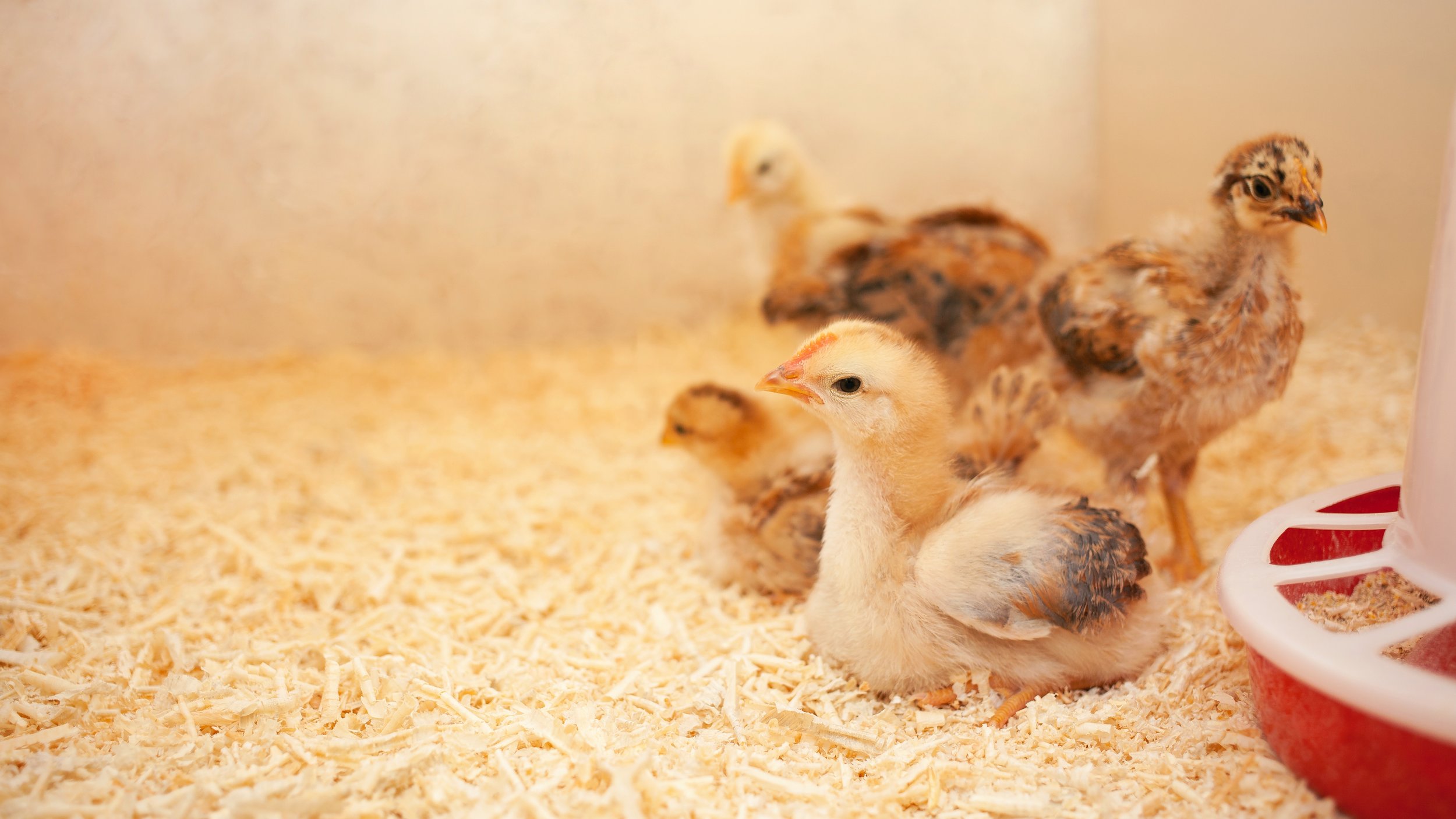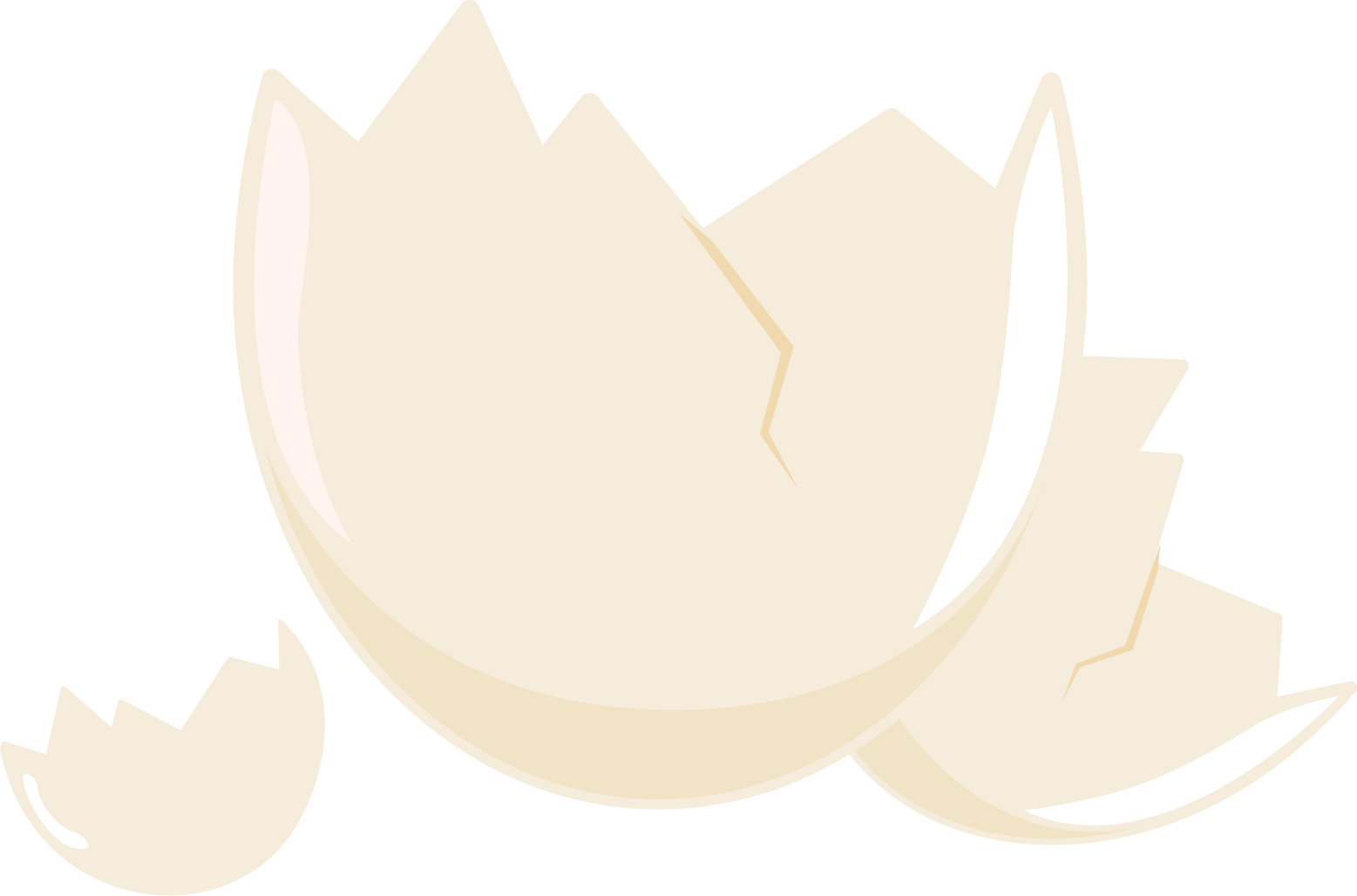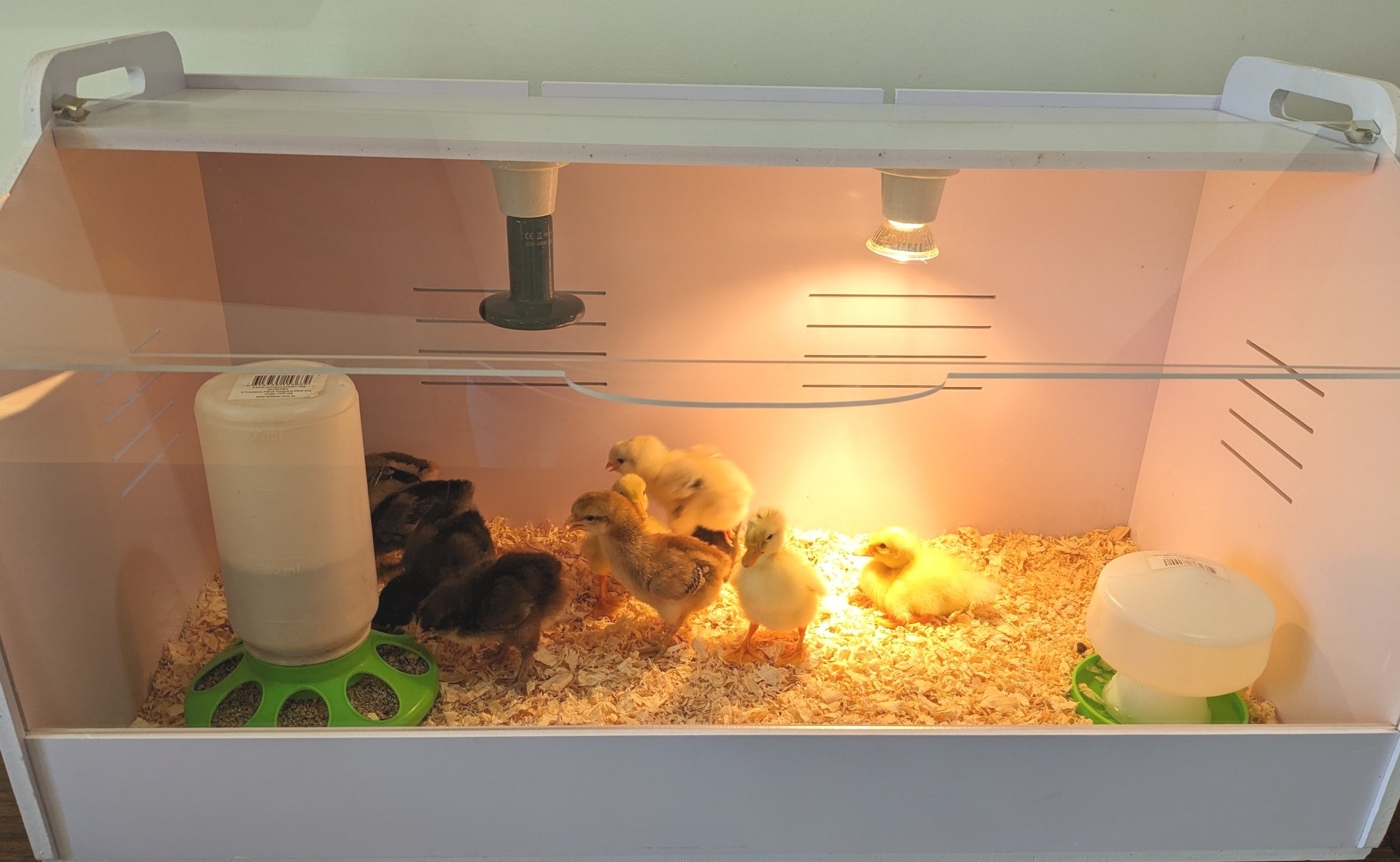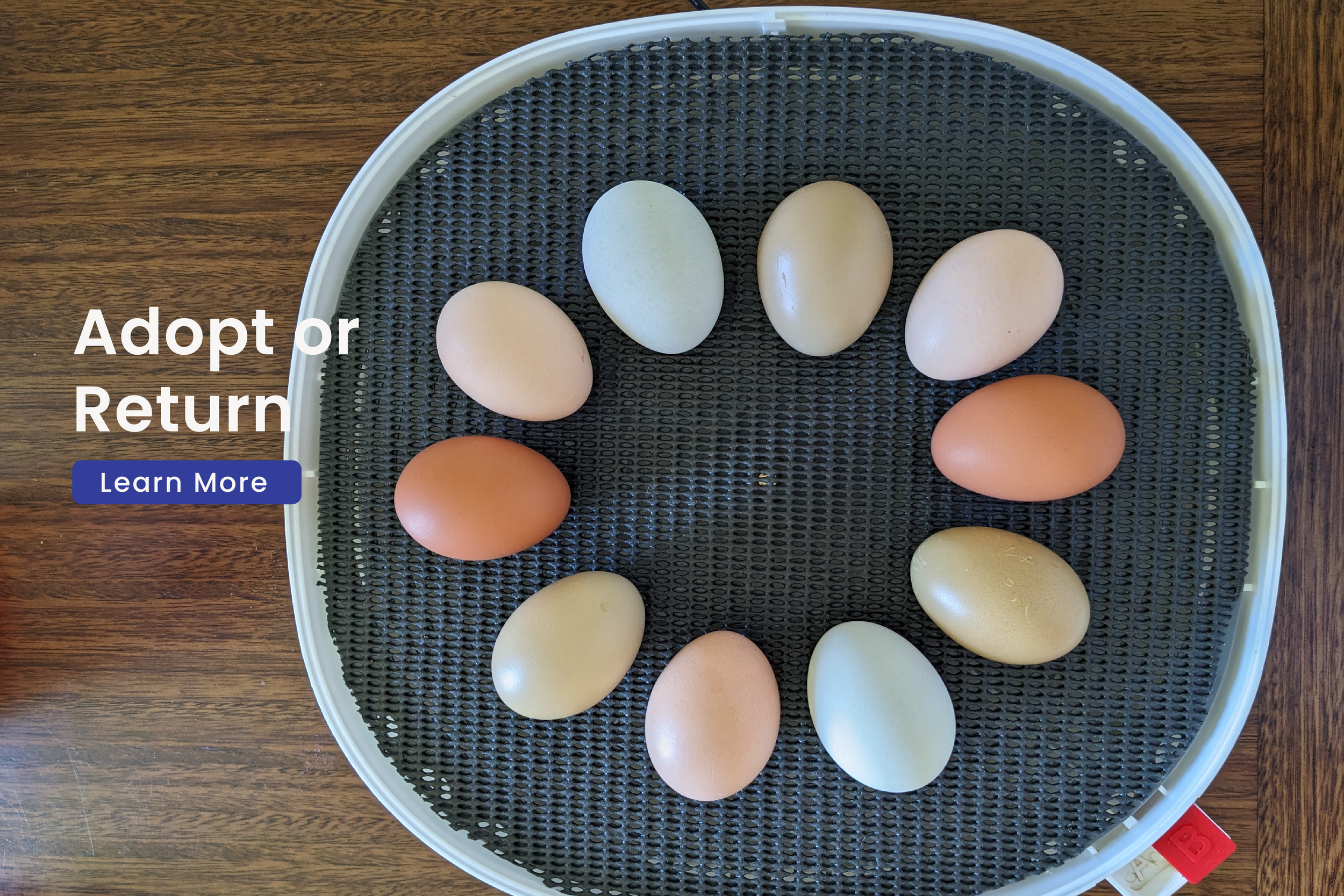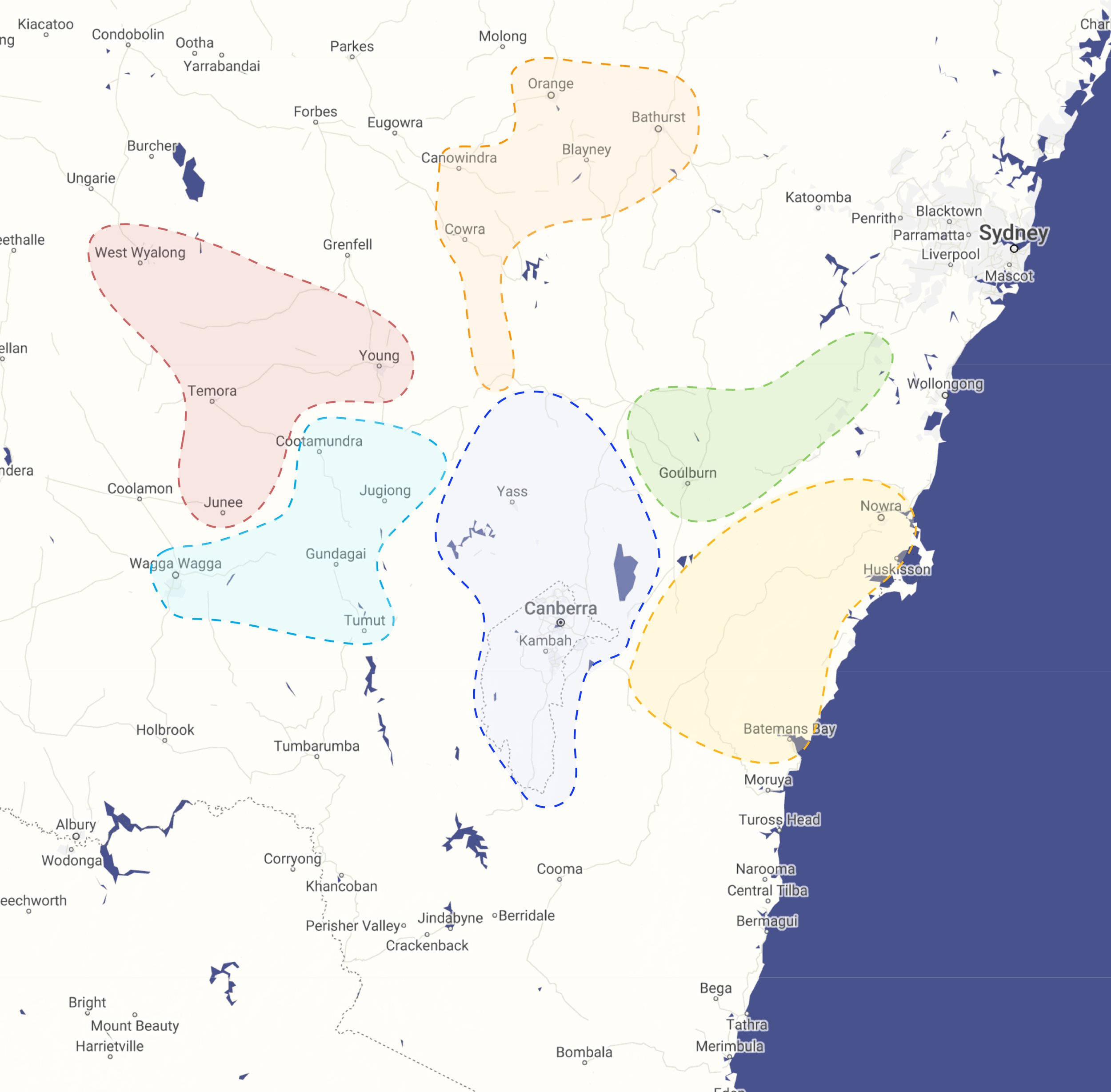
Our 12-day classroom hatching program is designed to educate, spark curiosity and evoke care.
Pip Hatch Learn is a family run business with a passion for poultry. That’s why we designed this interactive hatchery learning experience. It’s an ethical, school incubation project that teaches responsibility and the science of new life cycles in chicks and ducks.
Beginner friendly
Educational and fun
Fully resourced program; physical & digital
Providing for Canberra, coastal and rural NSW
What’s included: $350 per programFull comprehensive hatching instructions and supporting guides.
Advice and support throughout the process.
Downloadable, age appropriate learning resources and activities.
Physical, age appropriate learning resources & activities.
An incubator with plenty of egg visibility.
8-10 chicken eggs and 2-4 duck eggs (when available).
A brooder box, complete with bedding, feed and water dispenser.
Wood shavings, to cover the brooder floor and feed.
How it all worksDelivery; we drop off and set up everything you need.
Hatch; eggs begin to hatch within one week and are then transferred from the incubator to the brooding unit.
Enjoy; The chicks and ducklings live in the brooding unit, where they are cared for and carefully handled under adult supervision.
Adopt or Return; we pick up all the equipment as well as any chicks or ducklings that are not adopted. Learn more about welfare and adoption here.
Who it's forOur hatching program supports daycares, preschools, primary and high schools across the ACT, Coastal and Rural, NSW. All of the teaching resources and activities are tailored to the appropriate age groups.
Our areas of serviceRegion 2: Wagga Wagga
Region 1: Yass Valley & Canberra
Region 3: Bathurst
Region 4: Bungendore, Braidwood, Batemans Bay & Nowra
Region 5: Goulburn, Southern Highlands, Camden
Region 6: Junee, Young, Temora, West Wyalong
Please contact us for bookings outside of the nominated areas.

Frequently Asked Questions
-
Yes, provided there is adult supervision. We supply a hygiene and safety guide on the best practices for this.
-
Some return home to us so that we can continue to keep the bloodline going. Others are passed onto our honest network who either keep them as their flock or follow humane practices. Our program does contain a “paddock to table” educational section.
-
Majority of our hatchlings are healthy but unfortunately life isn’t always perfect. We do supply a documented guide for if this does happen. If the school is uncomfortable with humane dispatch, we will drive out to assist (within a certain radius).
-
Chickens & ducks are flock animals and will become distressed and frett when by themselves. They should be adopted in minimum groups of 2-3.
-
Sexing a chick or duckling as a new hatchling (manually examining the internal reproductive organs) is a process that must be carried out by an experienced specialist. It is not performed as part of the Pip Hatch Learn program. Feather sexing is also not accurate in all breeds or bloodlines, therefore is not a reliable way to determine the gender of your chick. You will not be able to determine the gender of your chick or duckling until they are around 6-8 weeks old. If you have adopted chicks and find you have a rooster you are not able to keep, Rooster Returns (our pick up service) can be booked via our website.
